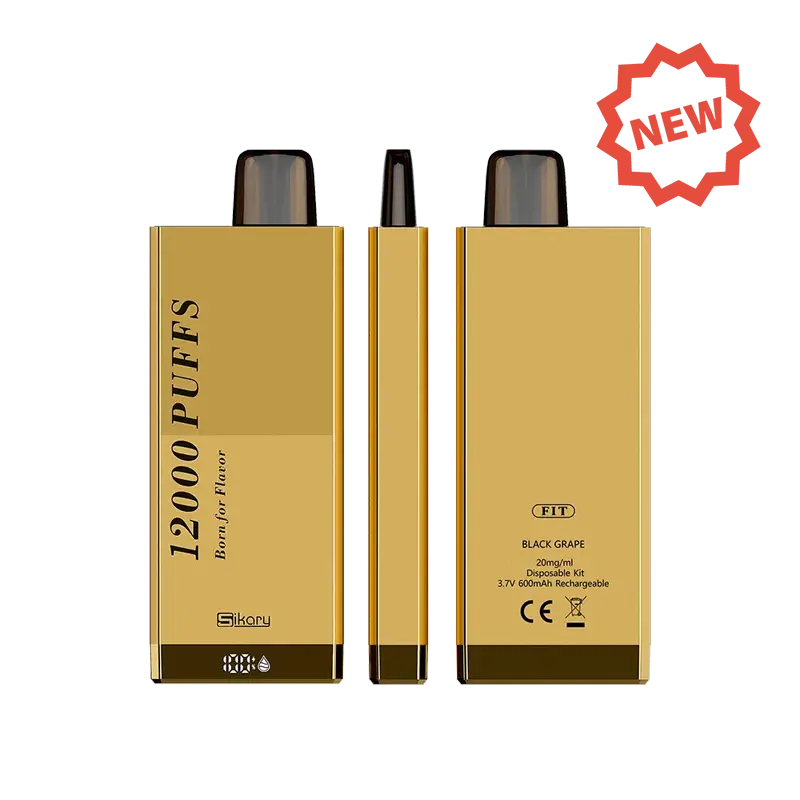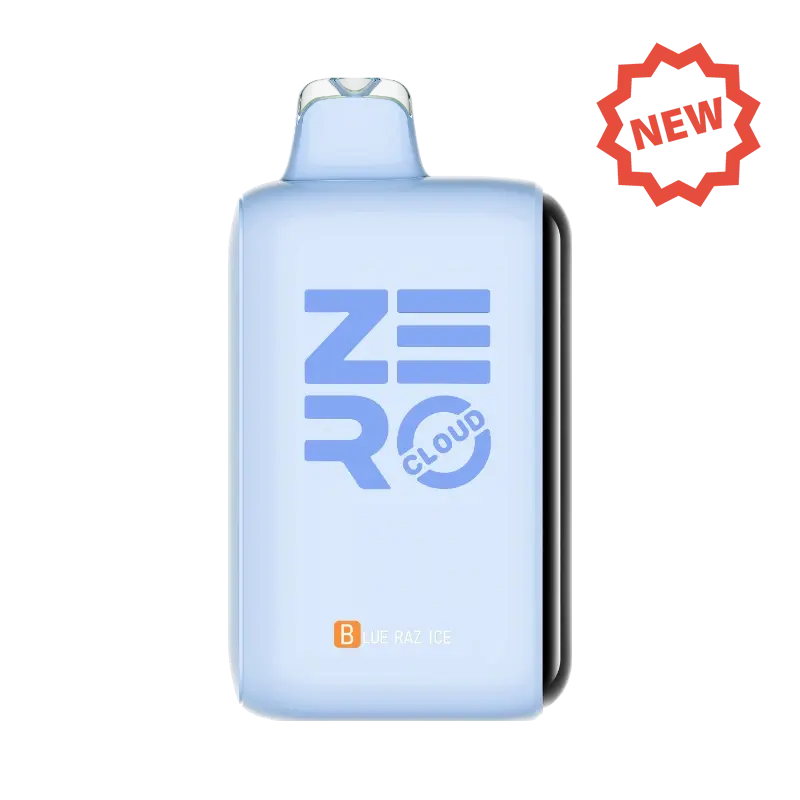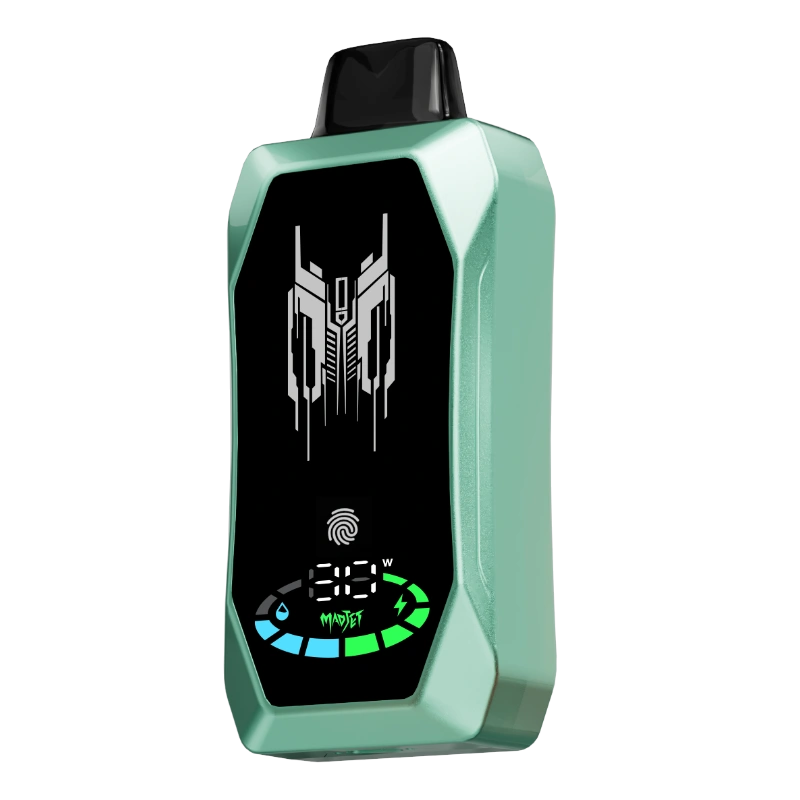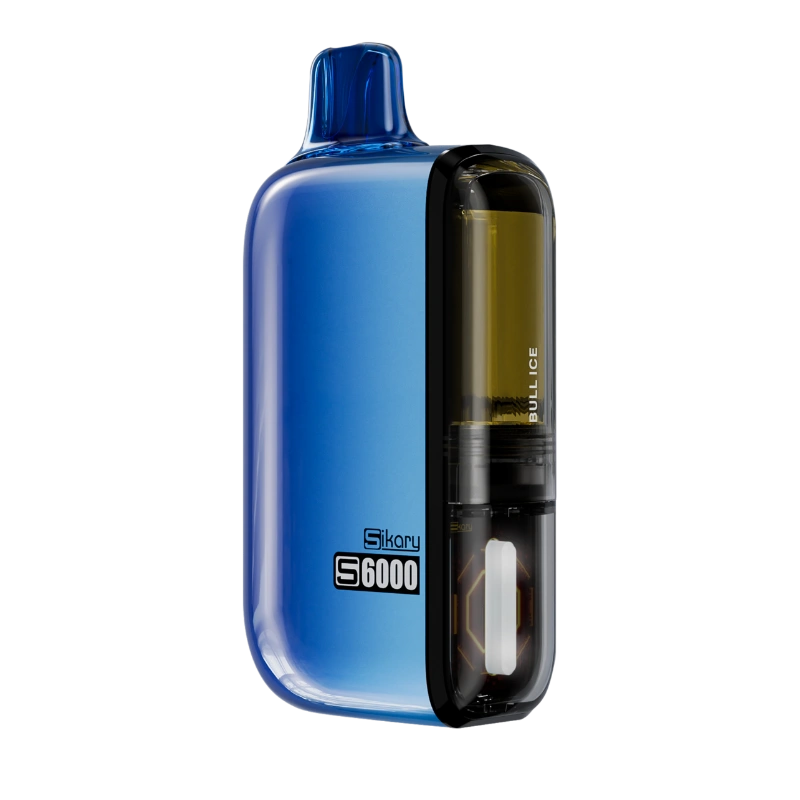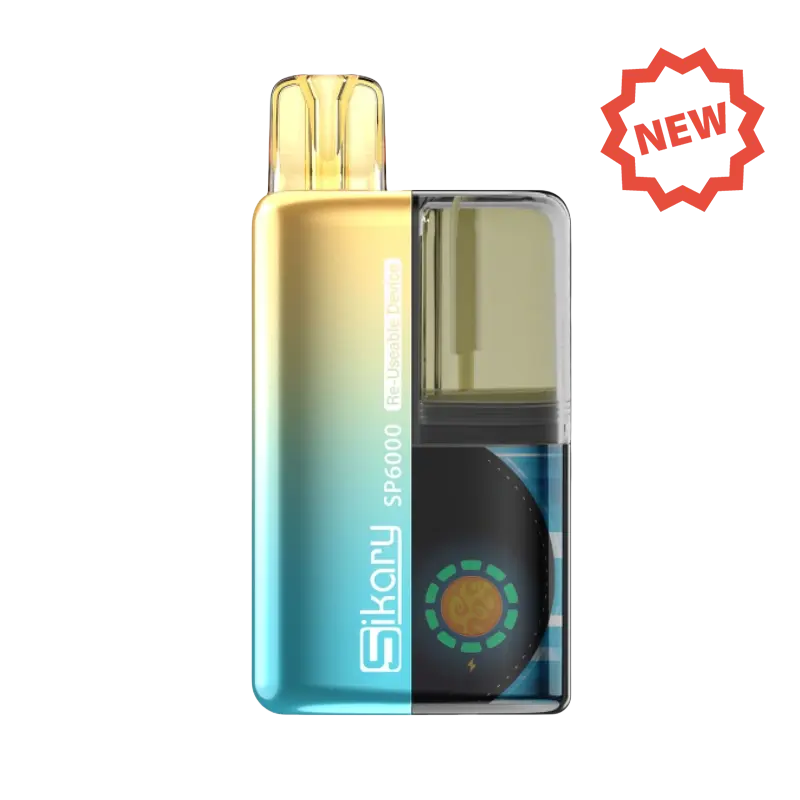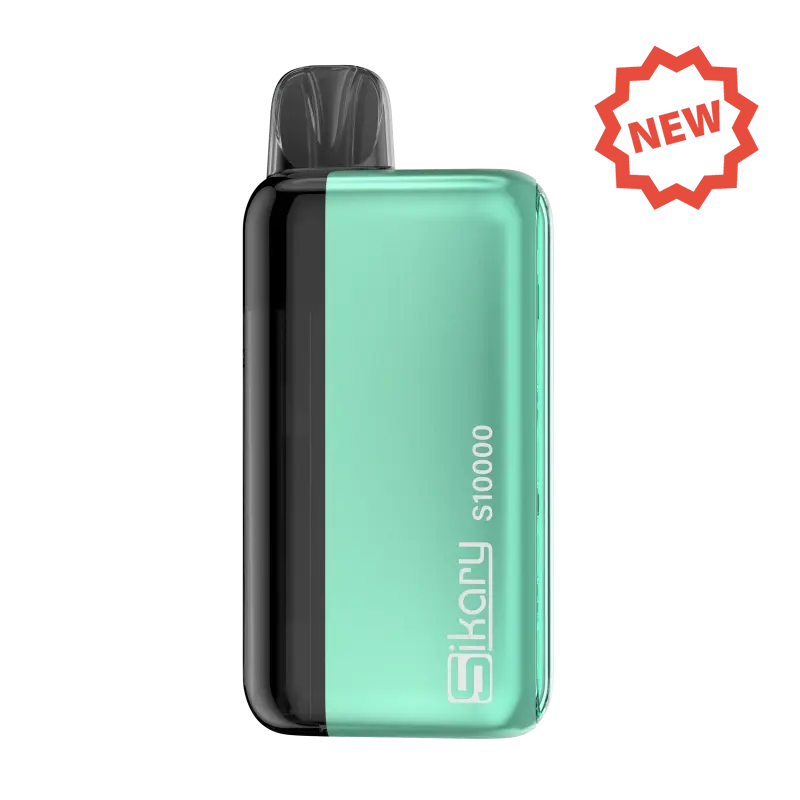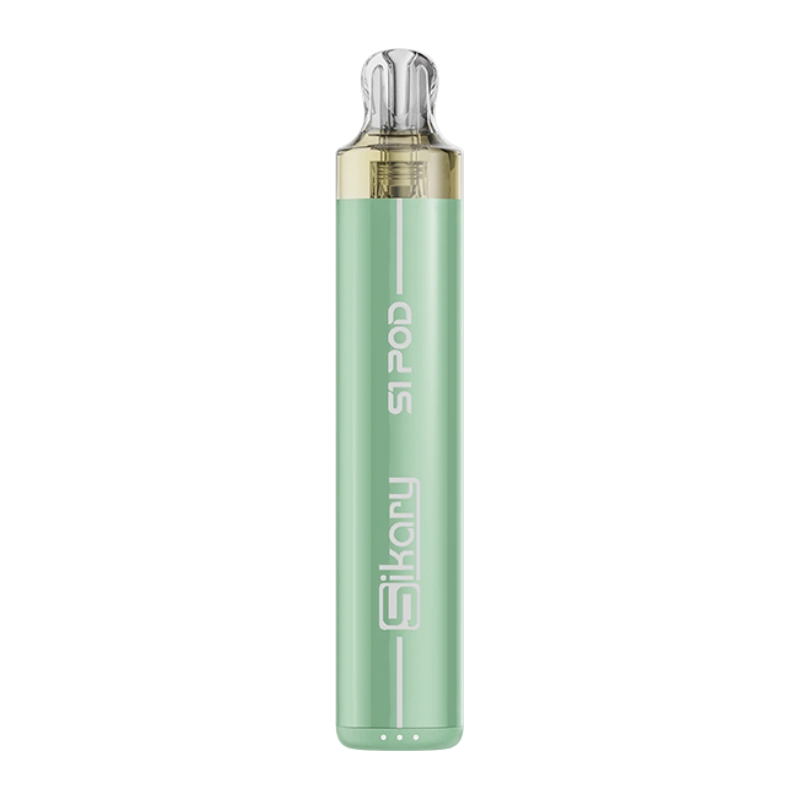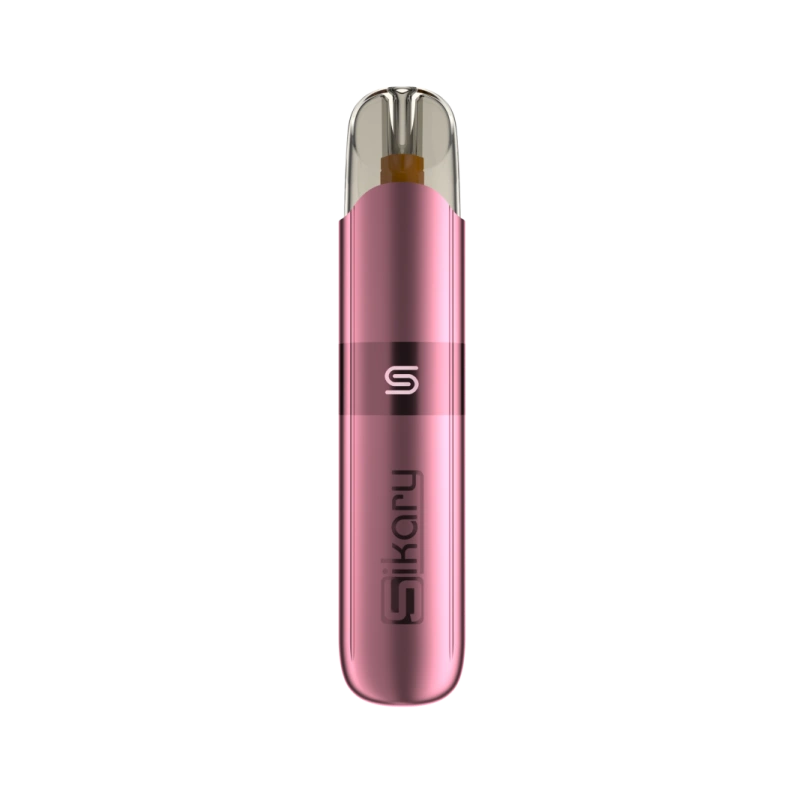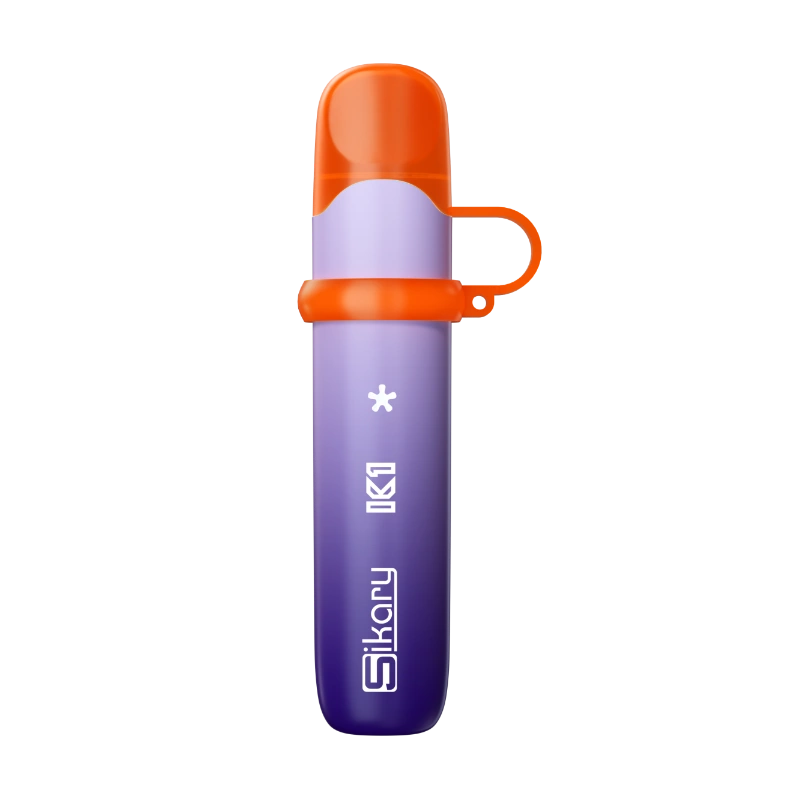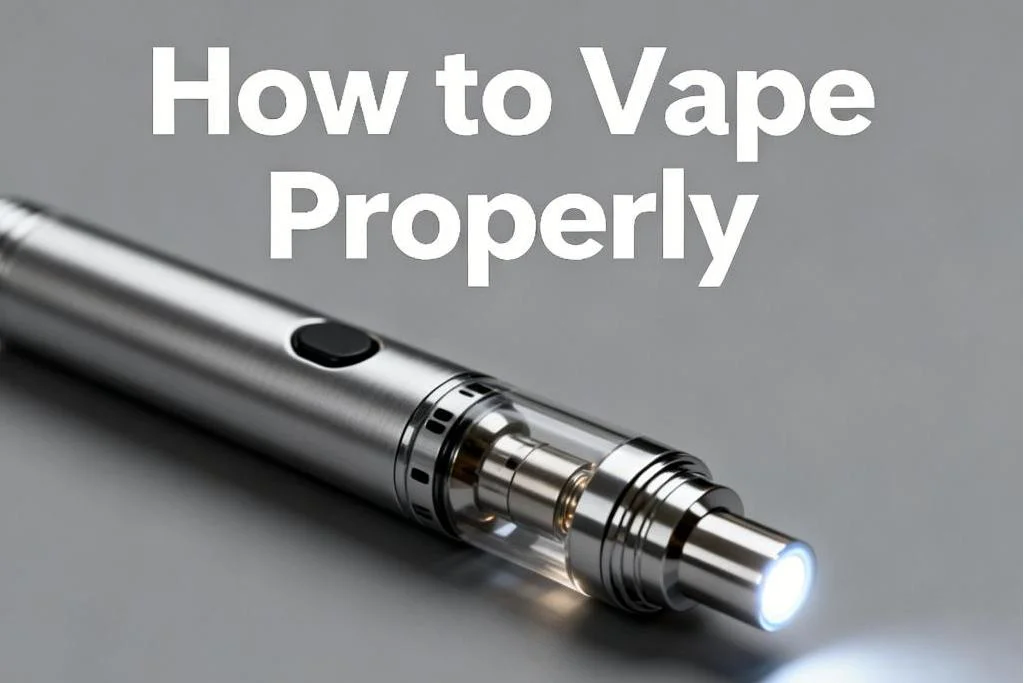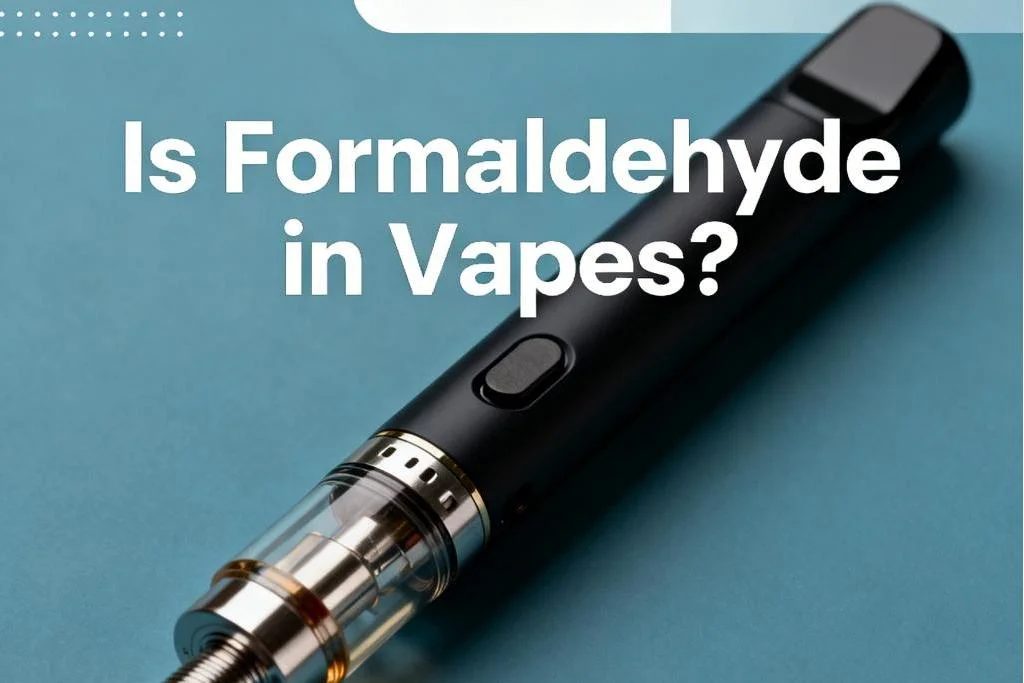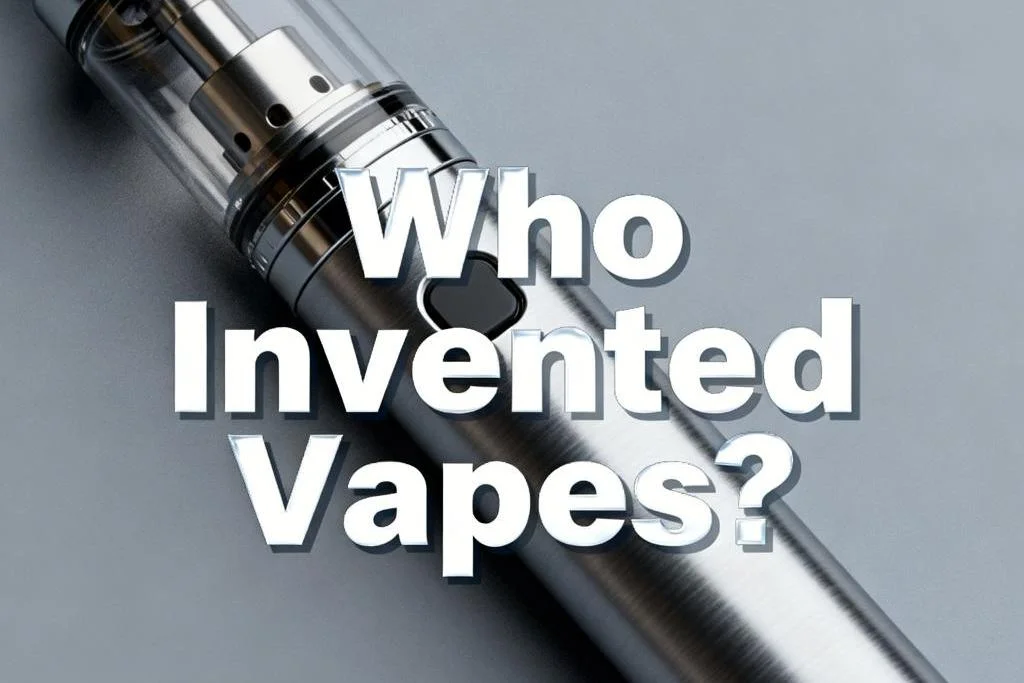When it comes to vaping, many users—especially those who are health-conscious or watching their calorie intake—often ask: does vape have calories? While vaping is primarily associated with nicotine delivery and flavor enjoyment, some people worry that inhaling flavored vapor might also add unwanted calories to their diet. Let’s break down what’s actually inside vape juice and whether vaping affects your calorie intake.
Do Vapes Contain Calories?
Yes, vape juice does contain a small number of calories. The main ingredients—propylene glycol (PG) and vegetable glycerin (VG)—are both calorie-containing compounds.
- Propylene glycol (PG) has around 4 calories per gram.
- Vegetable glycerin (VG) has about 4.3 calories per gram.
However, the key point is these calories are not consumed in the traditional sense. When you vape, you’re inhaling vaporized liquid, not ingesting it like food. Most of the VG and PG are exhaled as vapor, and only trace amounts are absorbed into the body—so the caloric impact is negligible.
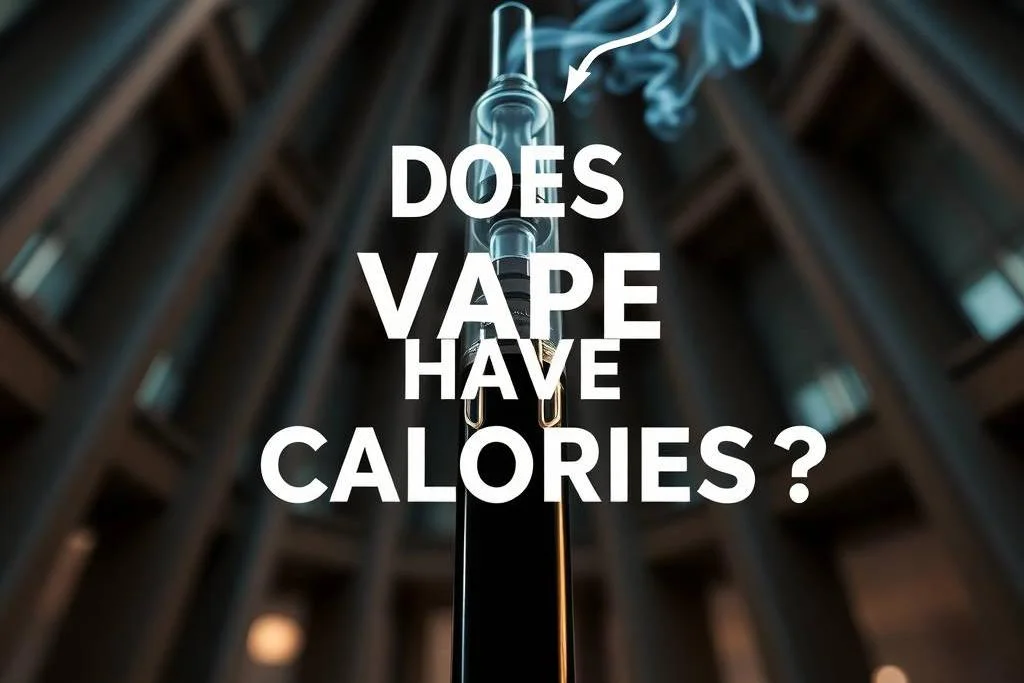
How Many Calories Are in a Vape Puff?
On average, a standard puff from a vape contains less than 0.1 calorie. Even heavy vapers would struggle to consume more than a few calories per day through vaping. To put that into perspective, one slice of bread has around 70 calories—so the calories in an entire vape session are practically insignificant.
Do Nicotine and Flavorings Add Calories?
Nicotine:
Nicotine itself does not contain calories. However, it can affect metabolism by slightly increasing heart rate and calorie burn, which is why some smokers report appetite suppression.
Flavorings:
Vape flavorings are typically made from concentrated food-grade additives. While these may contain trace amounts of calories, they are vaporized rather than digested, meaning they don’t contribute to your dietary intake.
Does Vaping Affect Weight Gain or Loss?
Some people believe vaping can help control appetite or replace the hand-to-mouth habit of eating snacks. While this can indirectly affect calorie balance, vaping itself doesn’t cause weight gain or loss. The effect is more behavioral and metabolic rather than caloric.
Nicotine can suppress appetite temporarily, but relying on vaping for weight control is not recommended. Once nicotine use stops, appetite may return to normal or even increase.
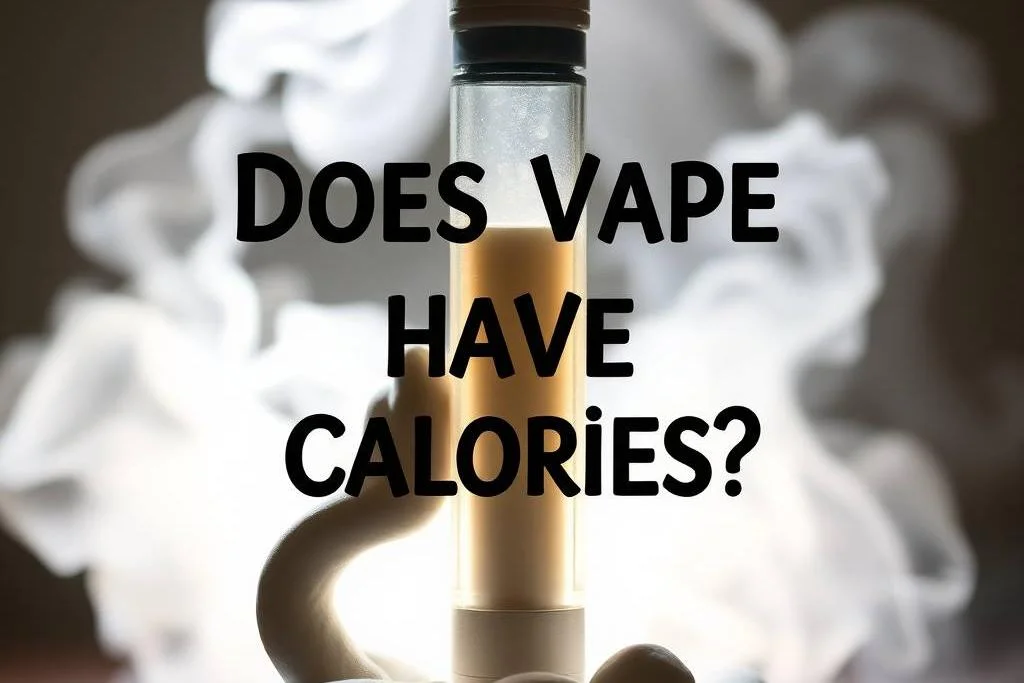
Are There Any Calorie-Free Vape Options?
Nearly all e-liquids have a VG and PG base, so technically no vape is entirely calorie-free. However, the caloric content is so minimal that it doesn’t make any difference to your diet or fitness goals. If you’re still concerned, you can choose high-PG, low-VG e-liquids, as PG typically produces fewer calories per volume than VG.
Conclusion
Yes—but only a trace amount. The ingredients in vape juice contain calories, but they’re inhaled, not eaten. The total caloric intake from vaping is so small it’s considered negligible for dietary or health purposes. If you’re counting calories or trying to lose weight, vaping won’t impact your progress one way or another. The main health considerations with vaping relate to nicotine, additives, and long-term inhalation effects, not calories.
FAQs
1. Can vaping break a fast?
Technically, no. Since you’re not consuming significant calories, vaping won’t break most fasting routines, but it may stimulate appetite.
2. Do zero-nicotine vapes have calories?
Yes, even zero-nicotine vapes have calories due to the VG and PG base—but it’s still an extremely low amount.
3. Will vaping make me gain weight?
No, vaping doesn’t directly cause weight gain. However, quitting nicotine might increase appetite temporarily.
4. How many calories are in a disposable vape?
A full disposable vape typically contains under 20 calories total, spread across thousands of puffs.
5. Is vaping healthier than eating sweets for cravings?
In terms of calories, yes—vaping adds almost none compared to sugary snacks. But it’s not a healthy alternative due to nicotine and chemical exposure.

